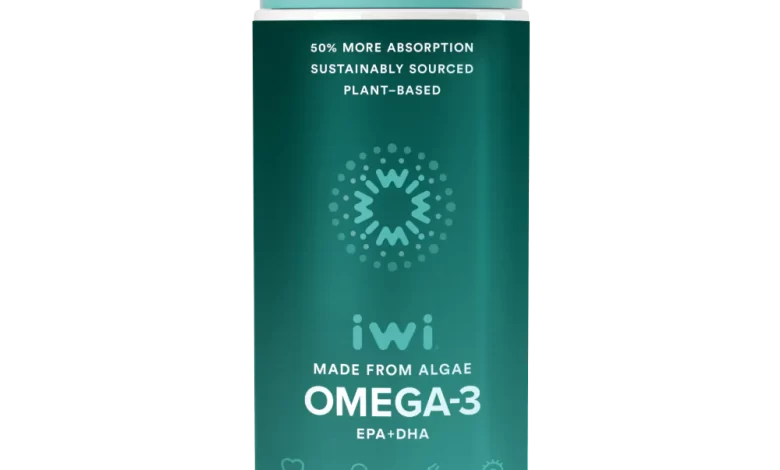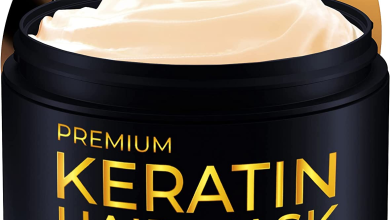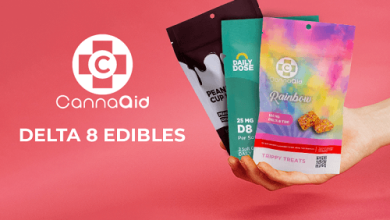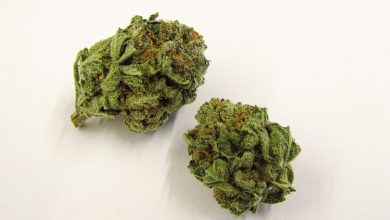Vegan Omega 3: Packed with Nutrients for the Healthiest Version of You

You’ve heard of omega-3 fatty acids before. And for good reason, it’s incredibly important for an abundance of health functions and is linked to an overall longer, better life. But a lot of people assume that this essential nutrient is only found in fish, so those who like salmon tend to get a lot of it. However, the good news for vegans, there are plenty of good sources to get your vegan omega 3. But how much of it do we need? The average man needs 1,600 mg of omega-3 fats per day and women need less at about 1,100 mg daily. That may sound like a lot but fortunately, there are several ways to get in your daily recommendation without a worry.
First, let’s break down the types of omega-3s. There are three different forms of this essential fatty acid. There are DHA (docosahexaenoic acid), EPA (eicosapentaenoic acid), and ALA (alpha-linolenic), and they all can be found in plant-based sources of omega-3 fats. The important thing to note, however, is that for ALA to become beneficial to us the body needs to break down ALA and convert it into DHA and EPA, which doesn’t always happen as easily as we’d like. That means that ALA omega-3s should be consumed in higher quantities (still, in moderation, and be careful not to consume too much).
ALA omega-3s
Flax contains ALA omega-3 fatty acids, which is perhaps one of the better-known sources. You can get flax seeds and put them in your yogurts, smoothies, crackers, and oatmeal. Or you can even cook it on your tofu or vegetables in the oven, which tastes truly delicious. Flax also comes with other nutritional benefits of fiber, protein, magnesium, manganese, and vitamin A. You can consume it in any of its three forms—milled, oil, or ground. It also has polyunsaturated fatty acid omega-6 and lignins.
Chia seeds are a fantastic source of omega-3s, but they also are packed with protein and fiber. You can eat them with your pudding, mix in with your oatmeal, or blend them into your smoothies. They also taste great sprinkled on top of yogurts, salads, or crisp vegetables.
Brussel sprouts contain such high amounts of omega-3s that they’re perfect food for the skin. Beyond just the omega-3s, they have other abundant amounts of vitamins and minerals. To get the most out of your sprouts it’s best to steam them, but roasted Brussels are so delicious that you’ll want to eat them all up.
Hemp seeds, which are the underutilized omega-3 food, can be consumed the same way as chia or flax. Use it as an oil, sprinkled it on top of your favorite foods, or munch them in your granola. Hemp seeds also have zinc, protein, iron, and magnesium.
Walnuts are a great way to get in your omega-3s. You can snack on them whole or put them in salads. They taste greatly mixed in with hemp seeds or chia seeds as a granola pack.
Perilla seeds can be turned into perilla oil and are often found in Korean dishes. Use it as a salad dressing or cook it with your food for an additional flavor.
EPA omega-3s
Seaweed is a type of algae that’s densely rich in omega-3 fats, which is great for vegans. Seaweed chips are not only nutritious, but they’re delicious and packed with all the nutrients you need. The next time you’re at a sushi restaurant you can feel comfortable when you eat those California sushi rolls and tofu bowls, and confident in your dish choice. You’ll also get a dose of calcium, B12, iodine, and magnesium for extra health benefits.
Spirulina is similar to seaweed with its omega-3s concentration, with high levels of EPA, and it also has omega-6 fatty acids. In addition, this green food has powerful antioxidants to boot.
DHA omega-3s
Algae is a great source of omega-3s, and also contains EPA. It has the same amount as fish, without the meat, so it’s a terrific vegan option for omega-3s.
Now that you know the different forms omega-3 fatty acids can come in, and the numerous options for vegan omega 3s, let’s dive into the benefits. Omega-3s are known to improve heart health, strengthen brain health, reduce joint pain and help with overall joint health, and increase eyesight and better vision.
When it comes down to it, omega-3 fatty acids should be an essential part of your daily diet. There’s no need to fret over whether or not you’re getting enough fish in your diet. It turns out, that vegan omega 3 is not only a great alternative but perhaps even an easier one. You can make a vegan omega-3 rich salad, smoothie, vegetable medley, or anything in between. The world is your omega-3.





